Lavender Oil Benefits: 20 Uses For Skin, Hair, And Health
Discover natural wonders that enhance beauty, wellness, and vitality with soothing essence.
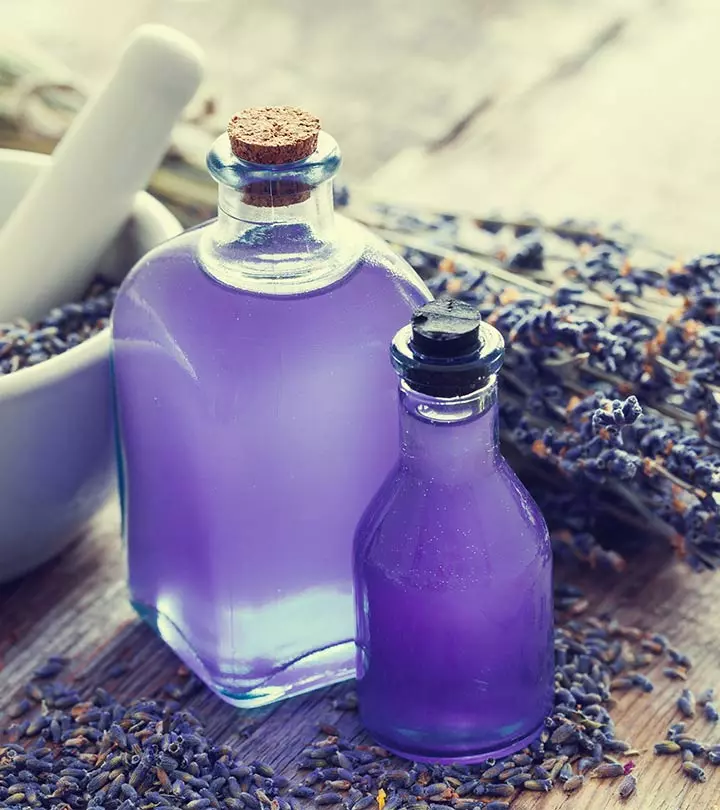
Image: Shutterstock
There is no better scent than lavender when it comes to soothing one’s senses. It is also used to flavor various dishes, and it alleviates stress and soothes the spirit. However, many other benefits of lavender for skin and hair make it popular among herbalists.
The lavender essential oil can treat acne and inflammation with oil’s anti-inflammatory and antiseptic properties. In addition, it contains powerful antioxidants that protect the skin from pollutants.
This article discusses the benefits of lavender, how to use it, and its risks. Read on.
In This Article
Available Forms Of Lavender
Commercial preparations of lavender are carried out from dried flowers and the essential oils of the lavender plant. Following are the various forms of lavender available in the market:
● Bath gels
● Extracts
● Aromatherapy oil
● Soaps
● Teas
● Infusions
● Lotions
● Whole, dried flowers
● Tinctures
Types of Lavender
Two of the most recognized types of lavender are spike lavender (Lavandula latifolia) and true lavender (Lavandula angustifolia) – both of which have therapeutic value.
Spike Lavender
This variety has broad leaves and a higher content of 1,8-cineole (also called eucalyptol) and camphor, thereby making it less pleasing. It produces thrice the amount of oil as true Lavender.
French Lavender
This variety has narrower leaves with small dark flowers and is more fragrant and aromatic.
Following are the various ways lavender can benefit your skin, hair, and health.
Benefits Of Lavender Oil For Skin
1. Helps Treat Acne
Lavender oil is one of those few natural ingredients you can look up to for getting rid of acne troubles. The oil has anti-inflammatory and antiseptic properties that can fight the bacteria that cause acne and inflammation (1).
Simply dab some lavender oil on your acne blemishes using a cotton swab, and see the desired results.
According to University of Maryland Medical Center, aromatherapists use lavender extensively for treating acne (2).
2. Aids In The Treatment Of Eczema
Eczema can be a very embarrassing skin condition, but only if one doesn’t have lavender oil handy. This is because the oil has the ability to relieve itching and reduce the symptoms of eczema (3). It also decongests the irritated areas on the skin by adding moisture, thereby accelerating the healing process. It is recommended that lavender be diluted in a carrier oil before using for this purpose.
3. Can Detoxify The Skin
Given the obnoxious variety of environmental toxins and other pollutants our skin is exposed to most of the time, it is not surprising to know that our skin’s health is deteriorating with each passing day.
But we have lavender to the rescue – it contains powerful antioxidants that can fight against the harmful effects of pollutants on the skin.
In one study conducted by the Howard University College of Medicine, Washington, DC, it was found that lavender oil was one of the few potent essential oils that can inhibit the growth of skin bacteria (4).
4. Heals Burns
The antiseptic and anti-inflammatory properties of lavender oil again play a role here. The oil is beneficial in healing the burns, and also helps treat the scars caused by them (or scars caused by injuries (5)). In addition, lavender oil also acts as a pain reliever.
Just add a few drops of lavender oil to the burnt area after keeping it under running water for about 10 minutes. Doing so can accelerate the healing process. However, keep in mind that you must consult a doctor immediately in the case of serious burns.
Note: Do not use spike lavender on burns because the higher camphor content could actually irritate the burned skin.
5. Can Help Heal Insect Bites
Though not a serious problem, insect bites can indeed mess up your daily activities. But that wouldn’t be the case when you have lavender oil handy.
Simply add a few drops of lavender oil on the insect bite or gnaw, and see the itching and swelling decrease considerably.
Lavender oil can act as a good insect repellent, and it has been traditionally used for treating insect bites (6), (7).
An Australian study had revealed the presence of scientific and clinical data that support the traditional uses of lavender (8).
However, do exercise caution while using the oil on children for treating insect bites. Make sure the oil is diluted well.
6. For Treating Tired Muscles
We know how tired our muscles can get after a long day at work; and we also know how heavenly a good massage can feel at that point in time. This is where lavender oil comes around as something you shouldn’t ignore.
Ideally, you can prepare a lavender bath by adding 4 to 6 drops of the oil to a large bowl of bath salts. Then, add this to water. Soak your hands or feet in this bath for about 10 minutes, and feel refreshed and relaxed.
Lavender oil has been found to be excellent for treating tired muscles, especially that of the feet and head (9). You can also rub a little amount of lavender oil to your feet before going to bed – this, apart from soothing your tired feet, can also soften and hydrate any rough spots or patches on your feet (10).
7. As A Toner
Lavender tones and makes your skin firm as it boosts circulation, thus resulting in an adequate supply of oxygen and nutrition to the skin cells. This helps in keeping the cells healthy and boosting their renewal process.
You can make a toner at home with lavender and water. Boil 100 ml of water in a bowl and then put in the lavender buds, so that they are completely submerged. Cover the bowl, leaving the brew to steep for a few hours. Drain the mixture into a clean glass bottle and refrigerate it. Spray some of this lavender water on a cotton pad and gently wipe your face with it (after washing your face in the morning). This will refresh your skin like a toner.
Benefits Of Lavender Oil For Hair
Essential oils are becoming increasingly popular due to their added benefits to your skin and hair. Lavender oil is one of these oils that can promote hair growth and treat various hair problems like hair loss, alopecia, dandruff, etc. It can be diluted with a carrier oil to promote healthy hair and scalp.
Following are the ways lavender oil can be beneficial to your hair
8. Controls Hair Loss
Lavender oil is extremely effective in treating hair loss. This is because it cures insomnia, stress, anxiety and depression, which are associated with hair loss (11).
Regular massage with this oil helps in controlling hair loss and improving hair growth by increasing blood circulation.
According to certain preliminary studies, lavender oil, when combined with other herbs, can help fight hair loss (12).
9. Treats Alopecia Areata
Alopecia areata is an autoimmune disease characterized by hair loss in patches. Dry scalp massage with lavender essential oil helps in treating this condition as well as ensuring significant hair growth within a few months.
A Scottish study had proven the efficacy of essential oils (including lavender oil) in treating alopecia areata (13).
A therapeutic massage increases blood circulation to the scalp, thereby treating hair loss.
10. Treats Dandruff
Lavender essential oil can help you get rid of dry itchy scalp and dandruff. You can mix 15 drops of lavender essential oil with 2 tablespoons of olive or almond oil. Massage your scalp with this warm oil mixture and put on a shower cap. Wash off with a mild shampoo after an hour.
You can also mix five drops of rosemary and lavender oils with three tablespoons of some unscented oil. Massage the oil into your scalp and leave it undisturbed for 10 minutes. After that, wash your hair with shampoo – this is another effective way of treating dandruff (14).
According to Francesca Fusco, MD, a noted dermatologist from New York, lavender oil can help treat various scalp conditions (15).
11. Helps In The Treatment Of Head Lice
Being a powerful antiseptic, lavender oil can relieve your scalp of lice, lice eggs or nits. Massaging your scalp with this oil can kill both the lice and nits. To get rid of head lice, massage your scalp with lavender oil 20 minutes before shampooing.
12. As A Good Conditioner
Lavender can be used as a conditioner as well. You can prepare a hair rinse by boiling ¼ cup of dried lavender in 2 cups of water and adding a few drops of lavender oil. Rinse your hair with it and leave for 15 minutes. This will make your hair shiny and fragrant, and treat dandruff as well.
Benefits Of Lavender Oil For Health
As stated earlier, lavender has an important role to play in aromatherapy. The usage of both lavender flowers and lavender oil offers various health benefits as follows.
13. Helps Treat Insomnia
Lavender essential oil is considered a traditional medication for promoting sound sleep (16). In folklore, people often filled their pillows with lavender flowers to sleep peacefully. This herb is beneficial for those suffering from insomnia, restless leg syndrome and exhaustion, as it soothes the nervous system and induces sleep and relaxation. This is because its scent induces alpha waves in the area of the brain that is responsible for relaxation, thus making you fall asleep faster.
You can make your own sleep spray by combining 5-6 drops of lavender essential oil with ½ cup distilled water and 1 teaspoon of witch hazel. Pour it into a spray bottle and drizzle onto clean skin or fresh linen before going to sleep. Lavender tea prepared from dried lavender flowers is also beneficial in this regard.
A study conducted by the University of Southampton, United Kingdom, had concluded that lavender might have considerable effects on treating insomnia and inducing sleep (17).
Another American study had supported the mild sedative effects of lavender, and had stated that the herb had practical applications for promoting deep sleep in young men and women (18).
A Korean study had proved the efficacy of lavender fragrance in treating insomnia (19).
14. Helps In The Treatment Of Anxiety And Depression
Lavender essential oil is effective in curing anxiety and depression through its calming, sedative, and anti-convulsive effects (20). It is often used in herbal remedies for promoting relaxation and treating restlessness (21).
You can place the lavender plant in the corner of your room or place a few lavender stems in a small vase. Its soothing aroma will not only relieve stress, but also repel mosquitoes.
In one Korean study conducted on patients suffering from terminal cancer, hand massages with a lavender oil mixture were found to have a positive effect on the pain and depression of the patients (22).
Another study conducted on postpartum women had shown that lavender oil could bring down the levels of anxiety and depression without any adverse side effects (23).
15. Cures Headaches
Lavender has proven to be effective in providing relief from migraine headaches and preventing the onset of a new headache. Massaging your temples, neck and forehead with lavender oil relieves neck and head tension, and promotes relaxation (24), (25), (26). This cures a variety of headaches like migraines, general headaches, gastric headaches, nervous headaches, sinus headaches and tension headaches.
An Iranian study involved 47 individuals who suffered from migraine headaches. They were divided into two groups – a case group and a control group. The patients in the case group inhaled lavender oil for 15 minutes, while the ones in the control group inhaled liquid paraffin for the same time period. It was found that the individuals in the case group reported a decreased severity of migraines (27).
16. Aids In Proper Digestion
Indigestion is a common problem these days, which is characterized by abdominal pain, vomiting, belching and burning sensation in your stomach. Lavender enables the body to digest fats by soothing the lining of the digestive tract and promoting the secretion of bile. It also relieves gas and constipation.
Drinking lavender tea is a great way to relieve nervous intestinal disorders and indigestion. For this purpose, cook one tablespoon of lavender buds with boiling water and use this water to make tea.
An Iranian study had proven the role of lavender in treating indigestion, and other stomach problems like flatulence and upset stomach (28).
17. Heals Wounds
Lavender oil has powerful antiseptic properties. Topical application of this oil to wounds, cuts, and scrapes increases cell growth, thereby facilitating quick healing of wounds (29). Its antimicrobial properties protect the wounds from infection.
You can dilute lavender oil with olive or jojoba oil by mixing one part of the former with 10 parts of the latter and applying it to the wound.
According to the University of Maryland Medical Center, lavender is used by herbalists for treating wounds (30). It has also been found that lavender was used to disinfect wounds during wartime (31).
18. Relieves Nausea
Lavender essential oil is effective in alleviating the symptoms of nausea or motion sickness (32). For this purpose, place a drop of lavender oil on one end of the tongue, behind the ears or under the navel.
According to the Centers for Disease Control and Prevention, lavender oil is ideal for preventing motion sickness (33).
19. Can Reduce Bloating
Overgrowth of bad bacteria in the body can cause bloating. Lavender herb contains polyphenols that help in reducing the ‘bad’ bacteria in your blood, thereby helping you to get rid of bloating. If you suffer from bloating, you can sprinkle some dried culinary grade lavender on to your Greek yogurt. This will reduce bloating as well as facilitate proper digestion.
Lavender has been used to treat irritable bowel syndrome, of which bloating is a symptom (34).
20. As A Natural Perfume
Lavender oil is a healthy and chemical-free alternative to perfumes and colognes (35). You can dab a little oil at the back of your neck or wrists to smell and feel good.
How To Incorporate Lavender Into Your Daily Life
Here are some quick pointers to incorporate lavender into your daily life to avail its benefits and lead a relatively relaxed life:
- Use the essential oil with a diffuser to make your surroundings smell lavender-like.
- Pour 2-3 drops of lavender oil in a bowl of bath salts and add it to your bath water to relax your mind while taking a bath.
- Use a lavender toner made by steeping lavender buds in hot water and then refrigerating it in a glass bottle.
- Spray a lavender spritz on your pillow every day to get more relaxed sleep.
- Place lavender in your wardrobe to keep your clothes from smelling bad.
- Make lavender tea by simply boiling culinary grade lavender with distilled water.
- Cook with lavender. The French cuisine uses lavender in numerous recipes.
How To Use Lavender While Cooking
- Add some lavender flower spikes to sugar and store for a week or more. This can be used to sweeten and impart a lavender flavor to green or black tea, or even milk.
- While making custard filling, add lavender flavor by taking an extra step of steeping the milk with lavender flowers for 1-2 hours. Strain the flowers before you continue to make the custard filling.
- Lavender can also be used in savory recipes, especially in the place of those recipes that call for rosemary. Use twice the amount of lavender in place of rosemary.
- A marinade of chopped lavender, lemon juice and olive oil can give a delectable taste to any meat or fish item.
Lavender – Nutritional Values
Lavender can be sparingly used to add flavor to certain baked dishes and other recipes. Lavender herb does contain a variety of vitamins and minerals, and can hence be beneficial to you.
The following table contains the nutritional information of a single serving of lavender herb.
| Nutrition Facts | ||
|---|---|---|
| Serving Size 100 grams (100 g) | ||
| Per Serving% Daily Value* | ||
| Calories | 49 | |
| Calories from Fat | 9 | |
| Total Fat 1g | 2% | |
| Saturated Fat 0g | 0% | |
| Polyunsaturated Fat 0g | ||
| Monounsaturated Fat 0g | ||
| Cholesterol 0mg | 0% | |
| Sodium 0mg | 0% | |
| Carbohydrates 11g | 4% | |
| Dietary Fiber 0g | 0% | |
| Sugars 0g | ||
| Protein 1g | ||
| Vitamin C | 20% | |
| Calcium | 22% | |
| Iron | 11% | |
| *Based on a 2000 calorie diet | ||
Precautions
There is no doubt lavender is a beneficial herb. But then, it does come with its own sets of minuses. Some of the precautions that need to be taken are –
Children
Using lavender for skin on young boys who haven’t reached puberty is possibly unsafe. Lavender oil might have certain hormone effects, which could disrupt the normal hormones in a boy’s body.
There also have been cases of boys developing abnormal breast growth (a condition called gynecomastia) upon the usage of the oil. For young girls, the safety of lavender is unknown.
Pregnancy And Breast-Feeding
Information on the safety of lavender on pregnant and breastfeeding women is limited. Hence, it is better to stay on the safe side and avoid its use.
Surgery
Lavender has been found to slow down the central nervous system. If it is used in combination with anesthesia and other medications during or after surgery, there are chances it might slow down the nervous system way too much. Hence, ensure you don’t use lavender at-least 2 weeks before a scheduled surgery.
The benefits of lavender oil extend beyond being a calming scent. This natural perfume has many topical, aromatic, and culinary benefits. It may help relieve stress, nausea, anxiety, and insomnia. It may help heal wounds and burns and provide relief from headaches. Furthermore, it is good for your skin and hair. However, frequent use may lead to a few side effects. Since the safety standards have not been determined yet, pregnant and breastfeeding women should consult a doctor before using lavender oil.
Frequently Asked Questions
What does lavender do to the brain?
Lavender exhibits several anti-anxiety, anti-depressant, and neuroprotective properties that help improve brain function (36).
What does lavender do to your lungs?
Lavender oil inhalation can suppress airway inflammation and be the best alternative medicine for bronchial asthma (37).
Does lavender boost memory?
No. The lavender essential oil can affect cognition and produce a decrease in the performance of working memory (38).
Read full bio of Dr. Scott Johnson
Read full bio of Ravi Teja Tadimalla







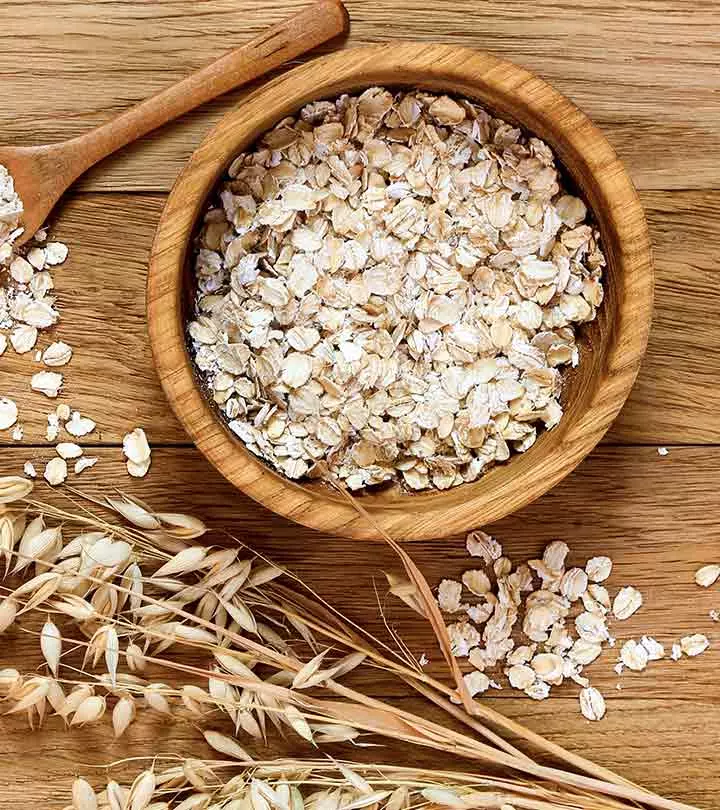
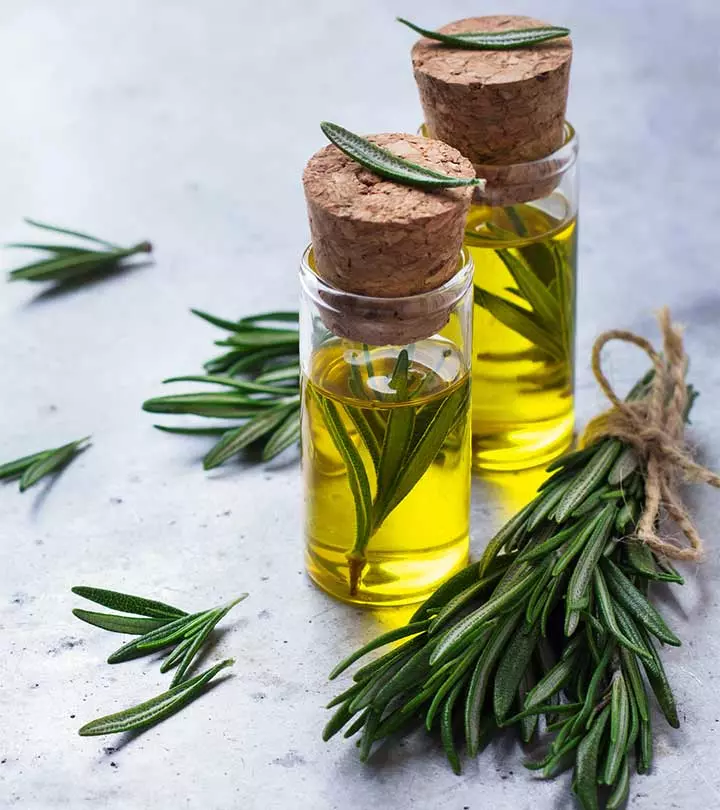
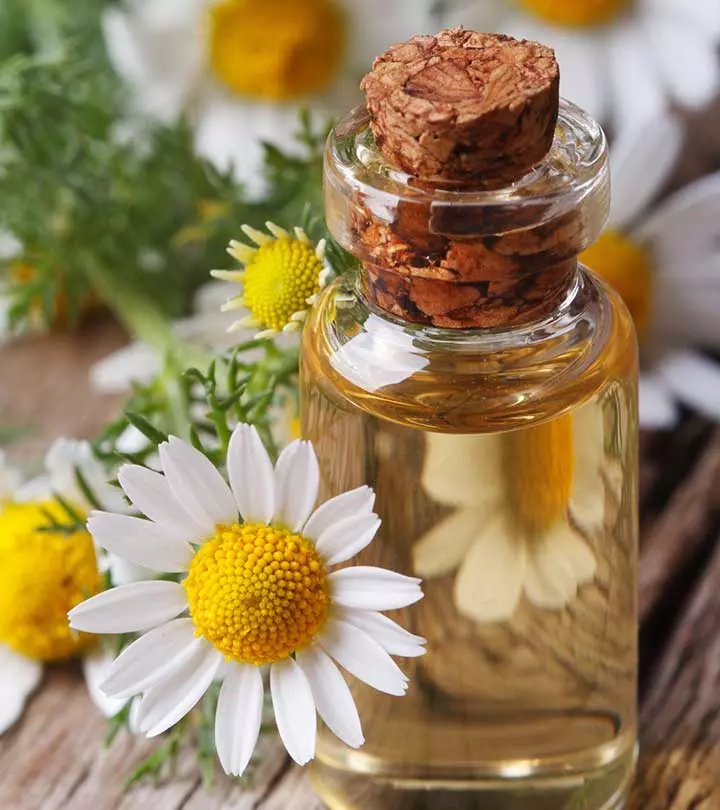
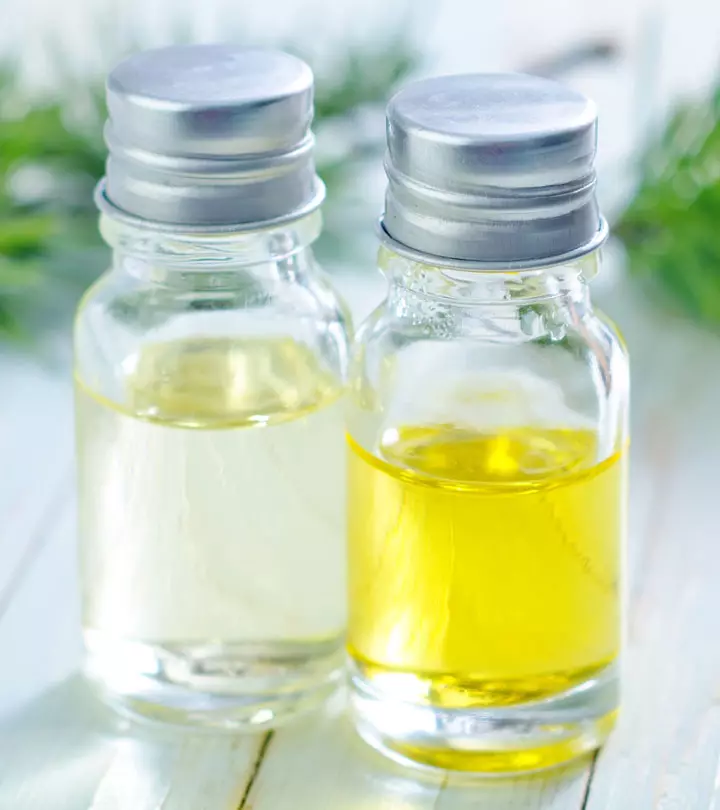
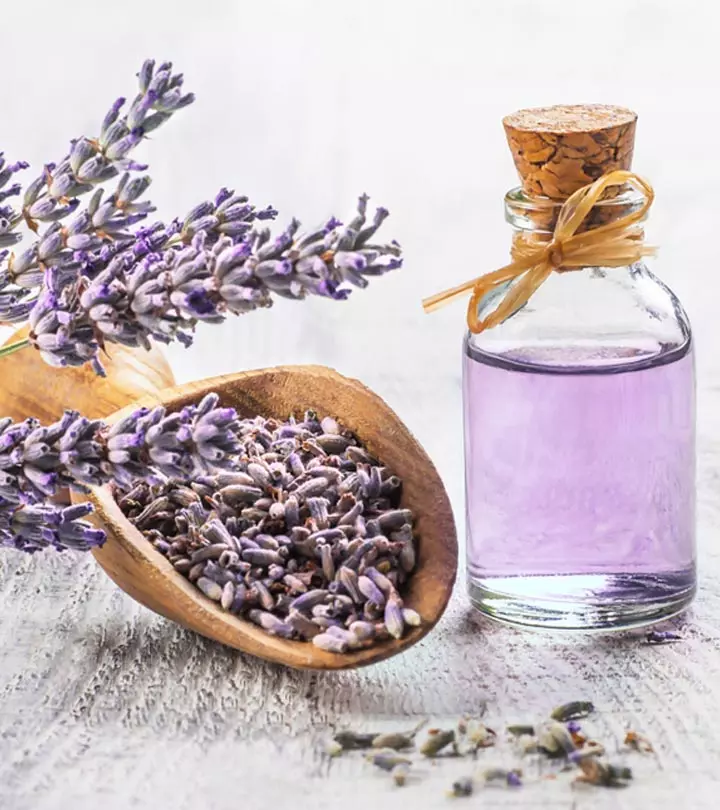
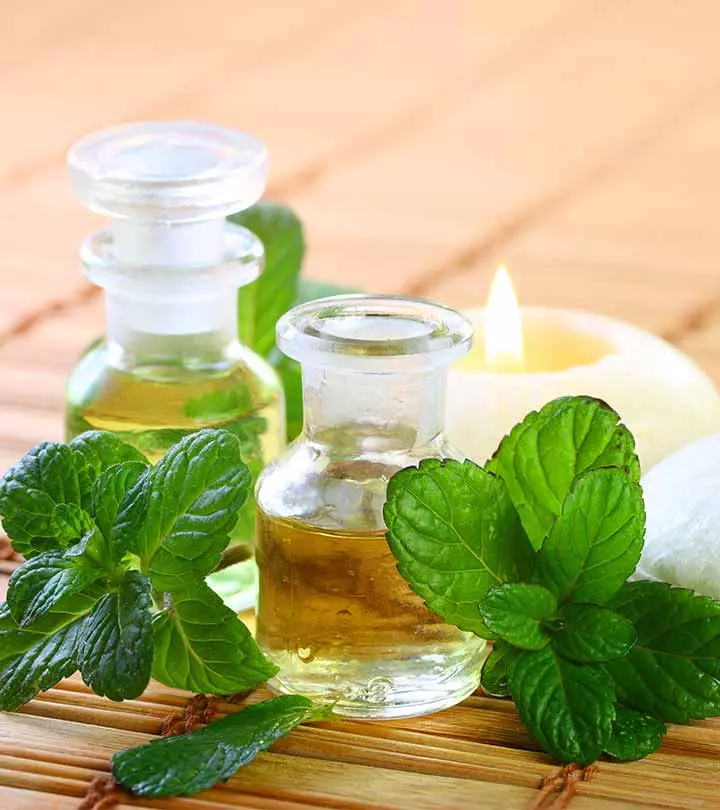
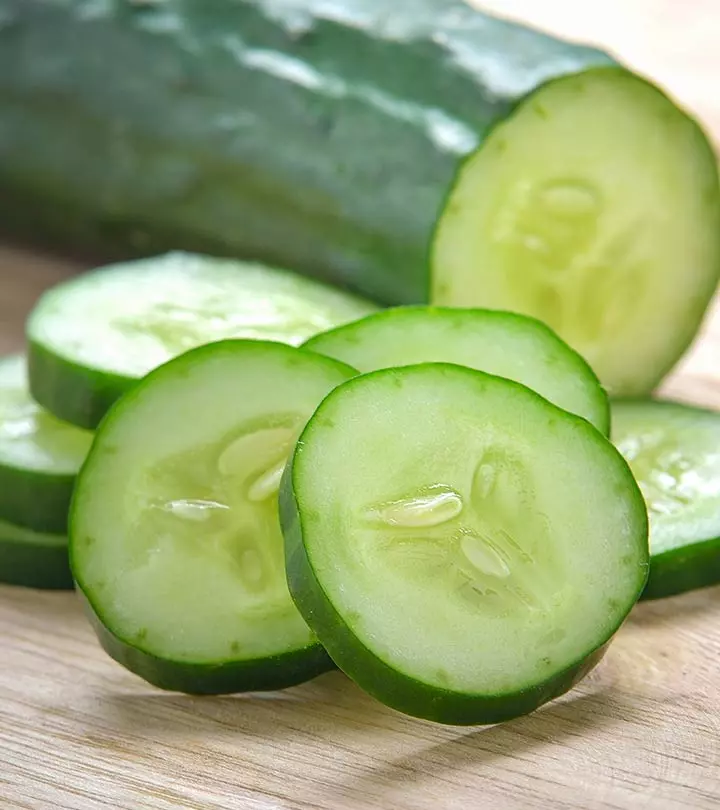
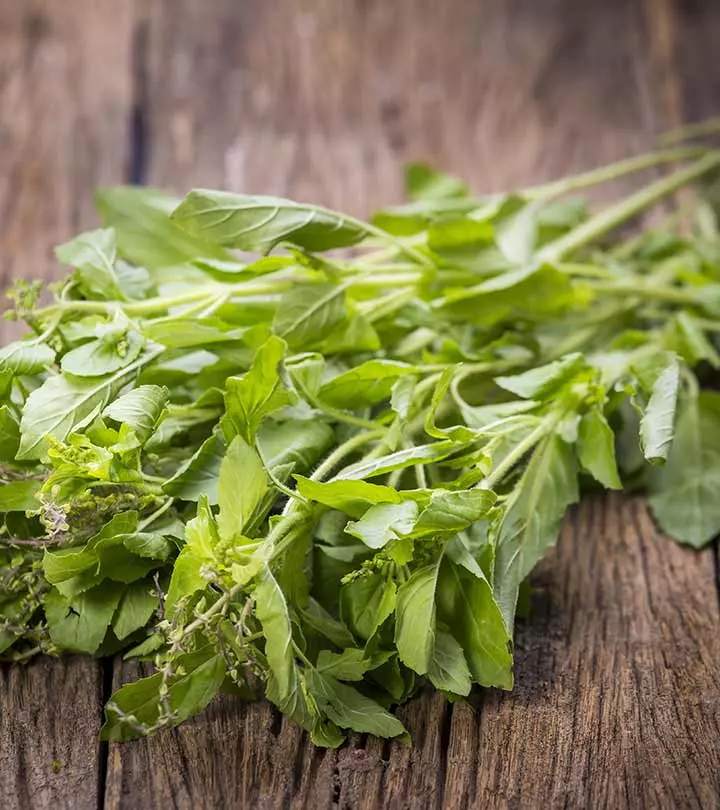
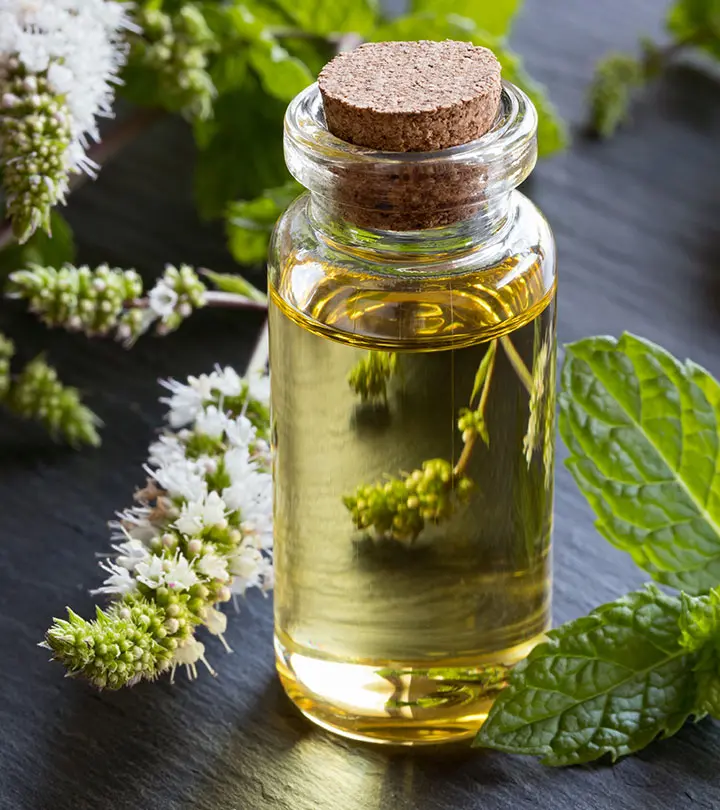
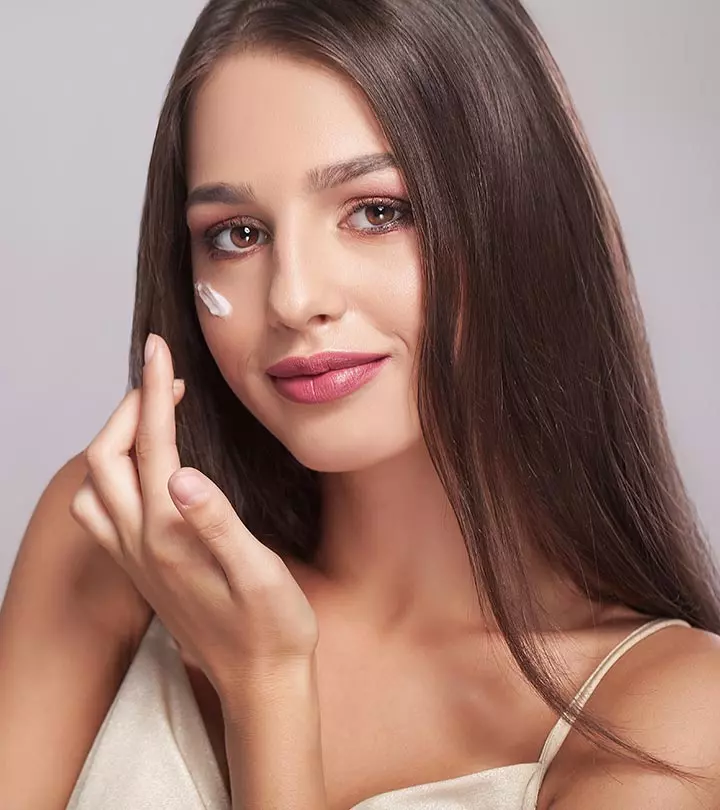
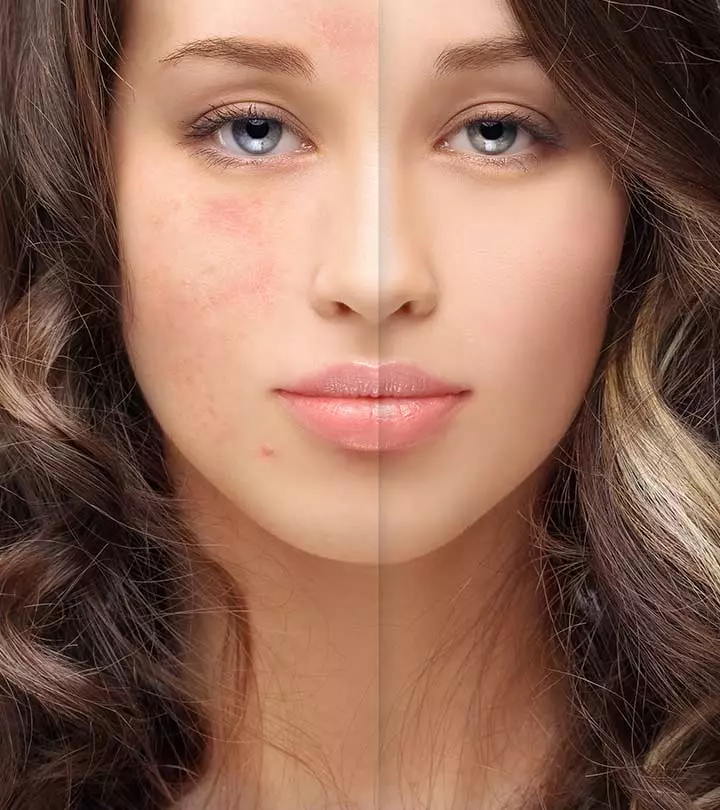




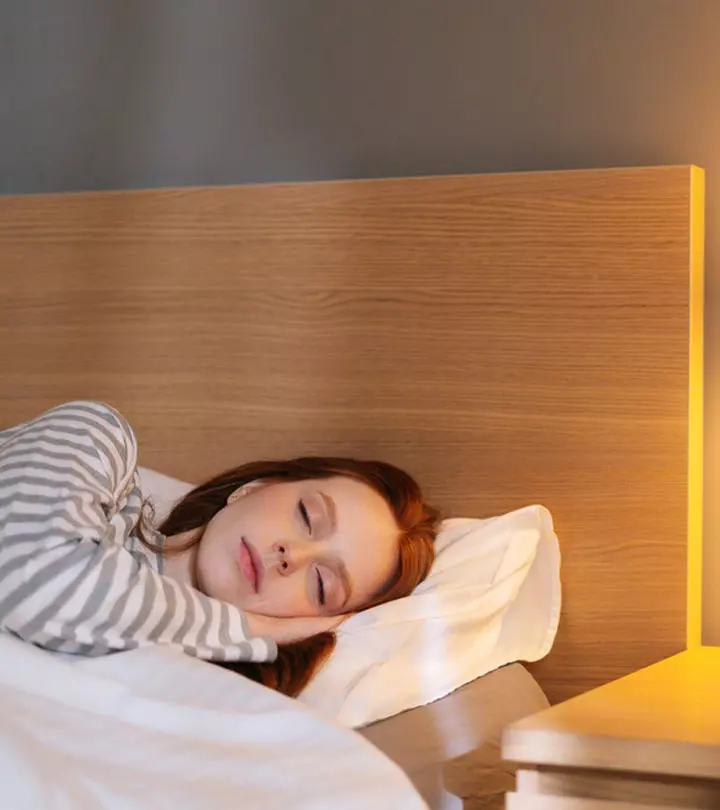

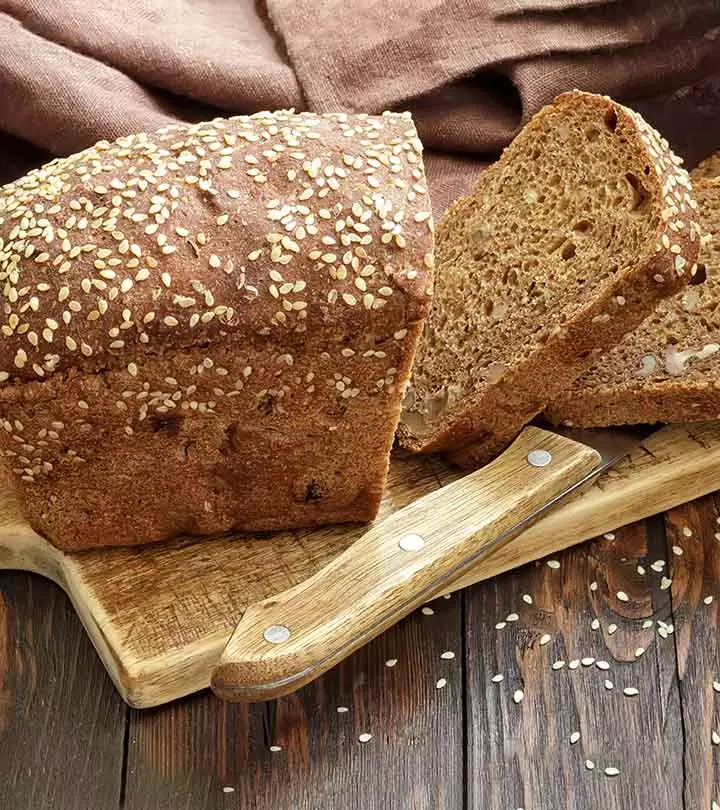

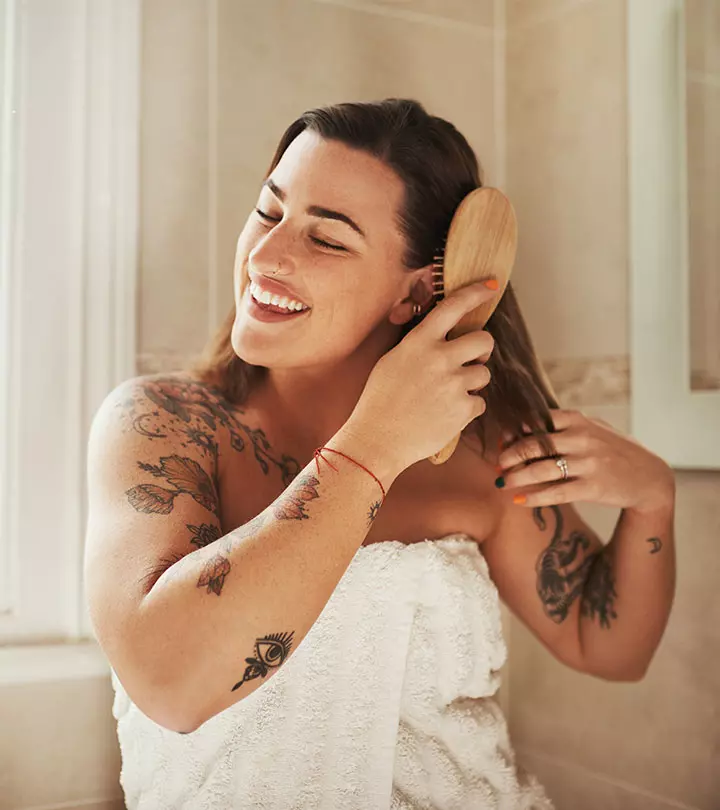

Community Experiences
Join the conversation and become a part of our empowering community! Share your stories, experiences, and insights to connect with other beauty, lifestyle, and health enthusiasts.